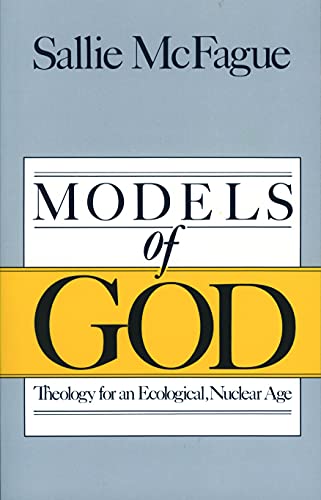God the Evangelist: How the Holy Spirit Works to Bring Men and Women to Faith
Written by David F. Wells Reviewed By Christopher HingleyThere was once a time when the Holy Spirit could be referred to as ‘the displaced person of the Godhead and the Cinderella of theology’, but recent years have brought a spate of books on the theology of the Holy Spirit, both academic and popular, good and indifferent. Is there any real justification for yet another? Dr Packer, in his introduction to God the Evangelist, argues that there is, that we still do not take the Holy Spirit seriously enough, and that our theology of the Spirit is often superficial and inadequate.
The origin of God the Evangelist lies in the Consultation on the Work of the Holy Spirit and Evangelization held in Oslo, Norway, in May 1985. David Wells was given the task of writing a book which would not only utilize papers given at the Consultation but also give his own interpretation of how the collective understanding of the participants moved on beyond the original papers. Because the book is relatively brief, the reader is sometimes left feeling a little breathless (particularly when great historical controversies about the Holy Spirit are summarized in a few brief paragraphs), but the achievement of David Wells in highlighting the major themes from the great mass of material at his disposal is masterly.
This book is essential reading for anyone who wants to take the doctrine of the Holy Spirit seriously, and to see the church rediscover the work of the Spirit in its life and evangelism. One reason is that this book does not get bogged down in the comparatively trivial questions that often obsess Christians in their discussion of the Spirit, but it does give some of the most serious and profound discussion that I have read of the questions that are of real importance. Three great themes are discussed: ‘the Holy Spirit in relation to creation and history, the Holy Spirit empowering the local church for evangelization, and the Holy Spirit confronting the world’. If for no other reason, the book is worth reading simply for the chapter on ‘Spiritual Power Encounters’, which provides superb insights for the contemporary debate on the place of signs and wonders in evangelism. Avoiding the two extreme positions of saying either that signs and wonders are an absolutely necessary accompaniment of the gospel to authenticate it, or that the need for signs and wonders ended with the apostolic era, David Wells concludes that signs and wonders occur in ‘clusters’ at particular times and places in church history, and that the charismatic movement, rather than having any particular eschatological significance, has brought a return to the church life experienced by the patristic church of the first three centuries ad.
The other outstanding feature of the book is that it is not bound by the cultural shackles of the European and North American church. It recognizes that the insights of theologians and pastors working in the Second and Third Worlds are essential for a full understanding of the theology of the Holy Spirit, and the five Appendices are of immense value and interest, describing characteristics of the Holy Spirit’s working in evangelism and revival in such diverse places as China, Northern Australia among the Aborigines, and a South African university campus.
Christopher Hingley
Bulawayo, Zimbabwe







